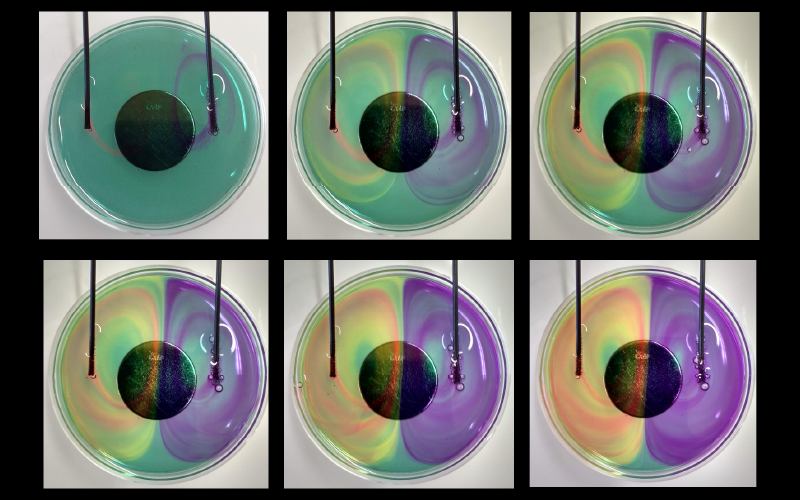
Colourful electrolysis vortex in a magnetic field
Chasing rainbows: the interaction of an electric current and magnetic field in a solution with pH indicator gives amazing colour patterns as electrolysis occurs.

Article of the week
Energy, in all its forms, is an integral part of human life. Due to rapid development, the demand for energy has risen sharply, leading to excessive use of fossil fuels. These materials have limited reserves, and their combustion has harmful effects on the Earth and, by extension, on humans. As a…
Read more
Chasing rainbows: the interaction of an electric current and magnetic field in a solution with pH indicator gives amazing colour patterns as electrolysis occurs.
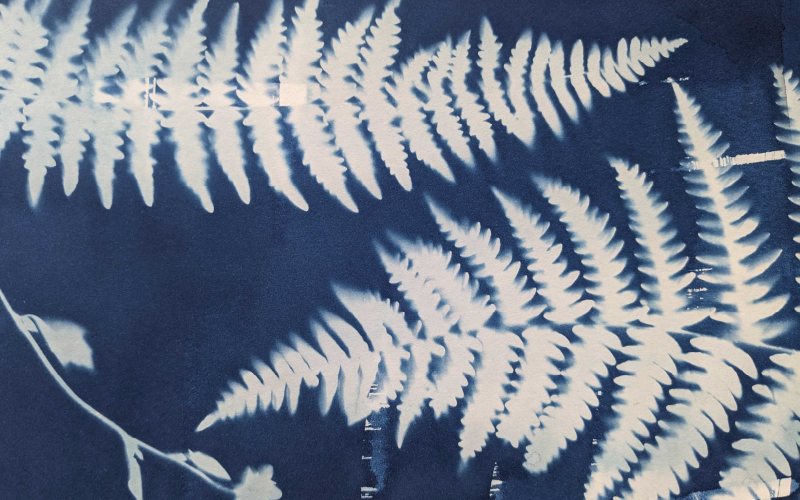
Try a project that blends chemistry, art, and peer learning, as secondary school students teach younger students how to create nature-inspired cyanotype prints.

Low cost, high impact: try these creative and engaging experiments that use inexpensive everyday materials to bring curriculum science to life.
We cover a wide range of scientific topics and many articles are additionally available as translations in different European languages.

Explore cutting-edge science and real-world applications.

Discover projects, people, and resources.

Find ideas and teaching materials for classroom activities.
Articles from previous issues
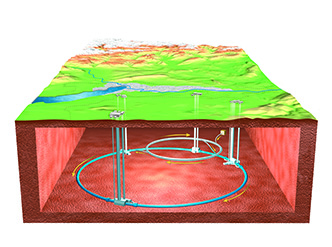
In the second of two articles, Rolf Landua from CERN takes us deep below the ground to visit the largest scientific endeavour on Earth – the Large…
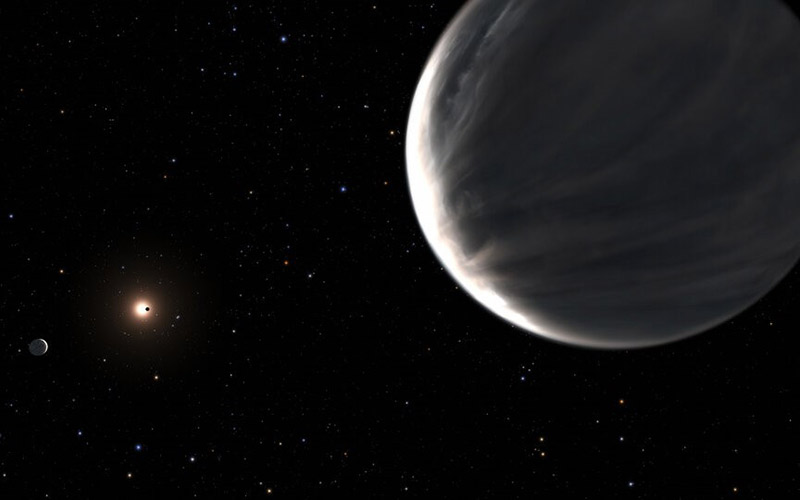
A whole new world: you may have heard of rocky planets, gas giants and ice giants, but what about water worlds? Learn about the discovery of an…
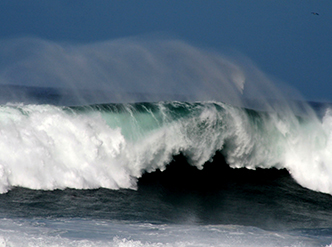
Contrary to the popular saying, deep waters are often far from still – which is just as well for marine life. Activities using simple water tanks…
Discover free events and activities offered by the EIROforum members and other non-profit groups.
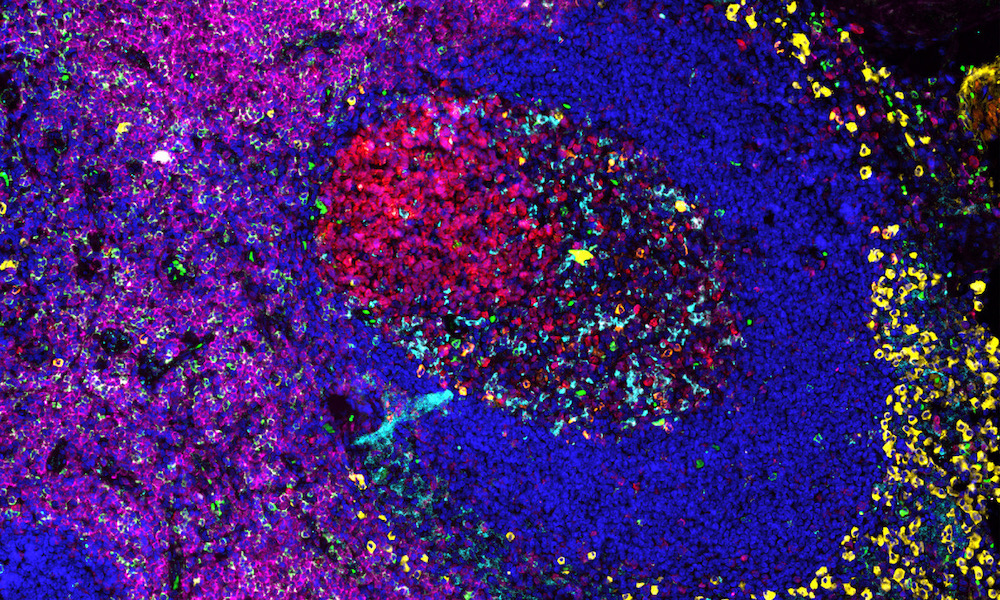
EMBL invites teachers to join this free virtual course for an overview of cell biology and omics, and inspiration for teaching the topic in the classroom. It runs from 29 Sept to 12 Oct 2025 and offers a mix of live sessions and self-paced materials
Do you have an engaging classroom activity to share with other teachers? Is there an interesting scientific topic that you could explain to STEM teachers and their students? We welcome submissions from teachers and scientists.
Would you like to help ensure that our content is interesting, inspiring and useful to STEM teachers? Consider joining the Science in School teacher reviewer panel. There is no obligation; just send us an email to express your interest.
If you find an article interesting or useful, perhaps you'd consider translating it into your native language? This really helps to increase the reach of our content so that as many teachers as possible can benefit from it.